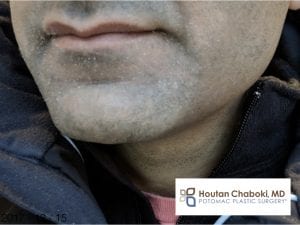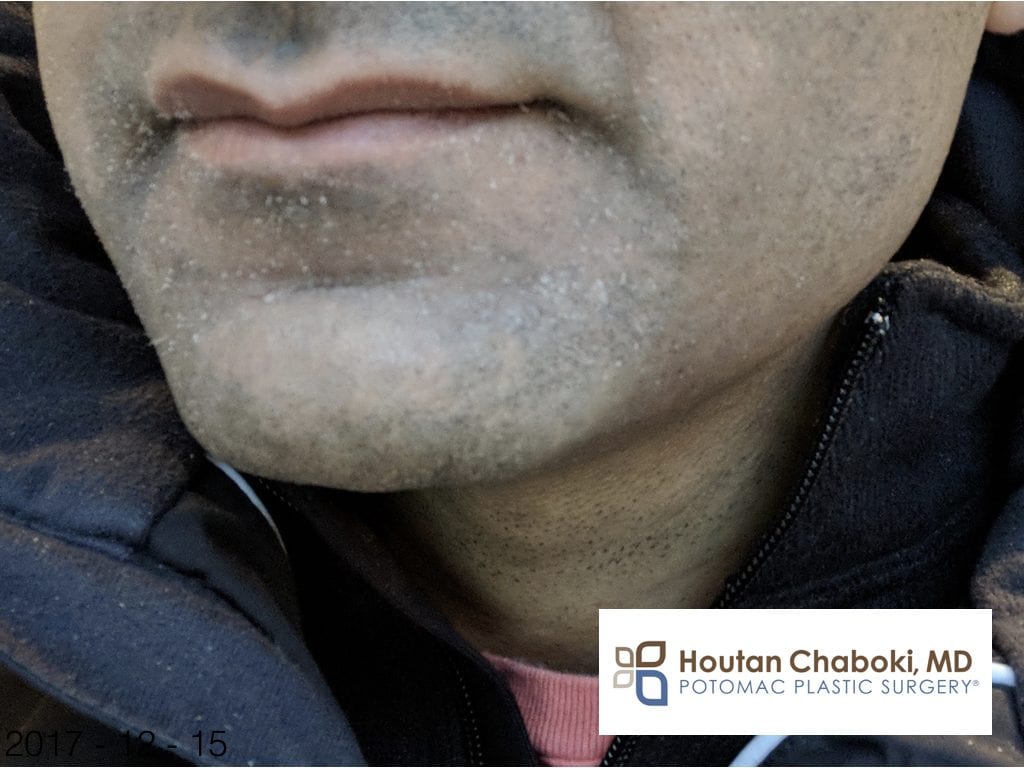
Avoid dry skin during cold, winter season.
No one wants dry skin. Supple, moist, hydrated skin is healthy skin. The cold weather, breezy winds, and dry forced air from heating systems all promote skin dehydration. It takes extra effort during the winter to properly keep moisture in the skin. Not only does good skin care help treat winter skin, it can help prevent wrinkles too.
Below are some recommendations that plastic surgeons and dermatologists typically recommend to their patients.
Cover up
Skin dehydration starts once you step outside. Simply covering up with a scarf, hat, gloves, and a collar will help keep wind out and skin warmer. Chapped skin is limited by physically covering up and protecting it.
Skip exfoliation
Routine exfoliation is generally part of a healthy skin regimen. However, during the cold winter, one may limit the frequency and aggressiveness of skin exfoliation. Exfoliation helps remove dead, flaky skin, but can remove too many natural skin oils that protect the skin too. Definitely skip using the harsh physical scrubs in winter.
Also, be sure to a gentle cleansers when you wash your skin.
Avoid hot water baths, alcohol-based toners, or astringents
All of these strip natural oils and lipids from the skin too. Taking a break from these products can help limit skin damage in cold season.
Skip tretinoin
Routine use of topical tretinoin is also part of a healthy skin program used by many top plastic surgeons and dermatologists. It’s still useful during winter. However, for those with sensitive skin, one may consider using tretinoin less frequently or switching to a lighter concentration to help limit dry, flaky skin during winter. Make sure to resume once it gets warmer outside.
Use heavy moisturizers
Hydrating the skin with moisturizers is also an important method to get and maintain healthy skin. Winter skin, however, needs heavier or richer moisturizers. Some prefer a lighter cream during the day (ex. hyaluronic acid), and use a richer cream (ex. petrolatum) at night. Generally, thicker and more frequent is better, whenever possible, to prevent dry skin.
Use mineral sunscreens
One needs sunscreen all year round, including cold and cloudy days. Dry skin is more sensitive and chemical sunscreens can be more problematic in the winter. Mineral sunscreens that use titanium and/or zinc tend to be less irritating to the skin and more tolerable. Read more about sun protection.
Drink more water
Your body is mostly water, so keeping it naturally hydrated is key for healthy skin. The body looses more moister during dry, winter months from evaporation. Some like to keep a water bottle close by to sip throughout the day. Keeping your body hydrated alone is insufficient, however, to avoid dry skin. So make sure to keep up with the other tips.
Treat damaged skin immediately
Despite one’s best efforts using the winter skin tips above, dry skin can still be problematic. Winter skin can get worse if not treated immediately. After significant exposure, apply a thick, soothing balm overnight to help treat the damaged skin and prevent further windburn.


Leave a Reply